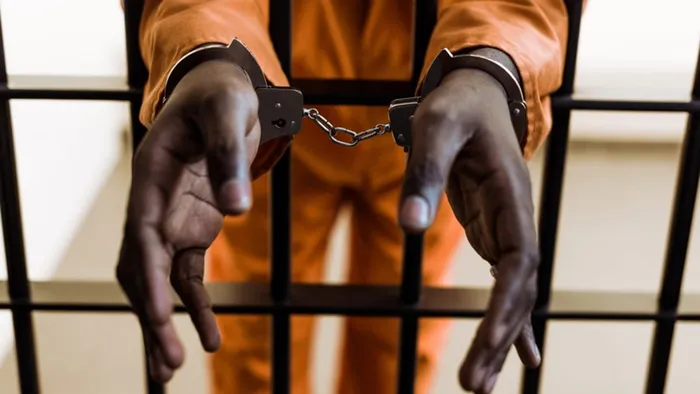Who is the most dangerous person a woman will ever meet in her life?

Renowned psychologist Dr Gad Saad reveals that the greatest threat may come from their partners.
Image: Independent Newspapers
When most women imagine danger, they think of dark alleys, strangers with bad intentions, or shadowy figures lurking on the edge of society.
Rarely does the mind turn to the person closest to them.
Yet, according to renowned evolutionary psychologist Dr Gad Saad, the greatest threat a woman may ever face could come from the very man she loves and trusts - her husband or partner.
Dr Saad, whose work explores the evolutionary roots of human behaviour, has never shied away from asking hard questions or challenging comforting assumptions.
Speaking on Steven Bartlett’s “Diary of a CEO” podcast, Saad delivered a sobering insight: “The most dangerous individual that a woman will ever meet in her life is her husband”.
The statement, though stark, is grounded in data and evolutionary logic, not cynicism. Saad elaborates: “Statistically, when you look at the data for violence against women, whether it’s physical assault, homicide, or other forms of abuse, it is overwhelmingly perpetrated by an intimate partner.”
It’s an unsettling idea that forces us to confront difficult truths about intimacy, vulnerability, and human nature.
This claim is reflected in global studies. According to the World Health Organization, around 38% of murders of women worldwide are committed by a male intimate partner.
Dr Saad’s point is not to vilify marriage or men but to highlight a biological and social reality: the same deep bonds that create love and companionship can, in rare but tragic cases, also set the stage for control, jealousy, and violence.
In his writings and interviews, Saad explores how evolutionary forces have shaped mating strategies, attachment, and even aggression. “Evolution doesn’t care about our happiness or safety,” he explains.
“It cares about reproductive success. Sometimes, this manifests in behaviours that are dangerous, particularly when men feel their status or paternity is threatened.”
Yet, Saad’s message is not one of despair. By understanding these ancient drivers of behaviour, he argues, society can better protect women and foster healthier relationships. “Awareness is key,” Saad says. “We have to recognise these patterns if we want to break them.”
His views have sparked debate. Some critics worry that framing the issue in evolutionary terms risks excusing violence, while supporters believe that understanding our biology is essential to creating real change.
What remains undeniable is the importance of the conversation Saad has started, one that asks us all to look at love not just through rose-coloured glasses, but with open eyes and a way of building a safer world for women.
IOL Lifestyle
Related Topics: